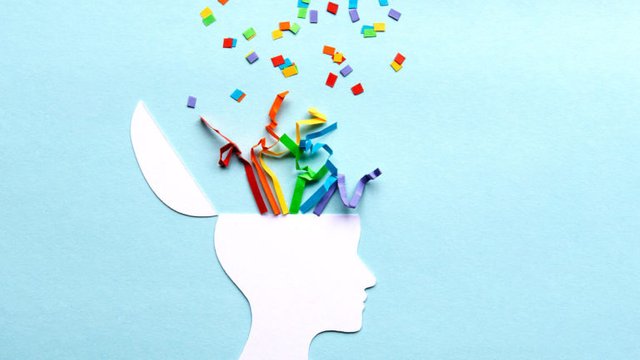In philosophy of mind, self-aware is the state of one's individual identity or psyche. It is not the same as self-consciousness, in that consciousness is the conscious awareness of the physical world and one's body and mind. Self awareness is the conscious awareness of what one is conscious of.

At times, an individual will have a series of experiences and this can be confusing to an observer. For example, an individual may have a series of experiences of an intensely pleasurable nature, such as sex. This experience could cause the individual to feel self-conscious at times. But then, another experience might lead to the individual experiencing an experience of boredom and he/she would no longer feel self-conscious. So the individual has a series of experiences of self-consciousness or self-awareness in which they experience self-consciousness of different kinds. Self-consciousness, on the other hand, refers to one individual's experience of being aware that they have experienced something.
An individual who is self-conscious of his/her experiences has an experience that can be likened to the experience that occurs during meditation. A person who is meditating is able to experience the state of awareness called 'being there'. The experience is said to take place when the individual is able to experience all the sensory experiences, i.e., sights, sounds, feelings, etc. and is able to have a state of being there. When we are at the states of being there and not being there, we are self-aware or self-conscious. It is this experience that people refer to when they talk about being self-conscious.
Self-consciousness is a state of the conscious mind that can be described as the awareness that one has experienced something. The state of being there is similar to self-awareness, but it can also be referred to as self-consciousness. A person who is not self-conscious of his/her experiences may not experience self-consciousness. But most individuals who are self-conscious will experience self-consciousness at some time. This experience can result in an individual feeling overwhelmed by the overwhelming sensations and emotions that are coming to him/her from the world around him/her. This experience is referred to as the state of being overwhelmed.
One of the major effects of the state of being overwhelmed is that the individual will begin to experience symptoms of depression and stress. This is because the state of being overwhelmed produces the feelings of pain, fear and helplessness in an individual. These feelings can interfere with the individual's normal functioning and cause them to experience negative feelings. If you do not feel like going to work, go out in public, or enjoy the company of others, then you may experience the symptoms of being overwhelmed.
These symptoms can cause one to experience such negative feelings and thoughts as anger, irritability and depression. These feelings and thoughts are caused by feelings of anxiety. This feeling of fear and helplessness is experienced by people who are self-conscious. It can also cause feelings of depression, guilt and embarrassment.
Such feelings and thoughts are caused by feelings of anxiety, because they are brought about by a fear of the symptoms of being overwhelmed. The feeling of guilt and embarrassment are caused by feelings of shame.

If an individual is not aware that they are feeling these feelings, then they will continue to have the same feelings and thoughts. over again, making the feeling of being overwhelmed more intense. for longer periods of time. As the feeling of having an overwhelming feeling of embarrassment or shame and feelings of shame and embarrassment become stronger, the feeling of having an overwhelming feeling of anxiety will also become stronger, and will keep the individual from being able to enjoy the benefits of his/her life.